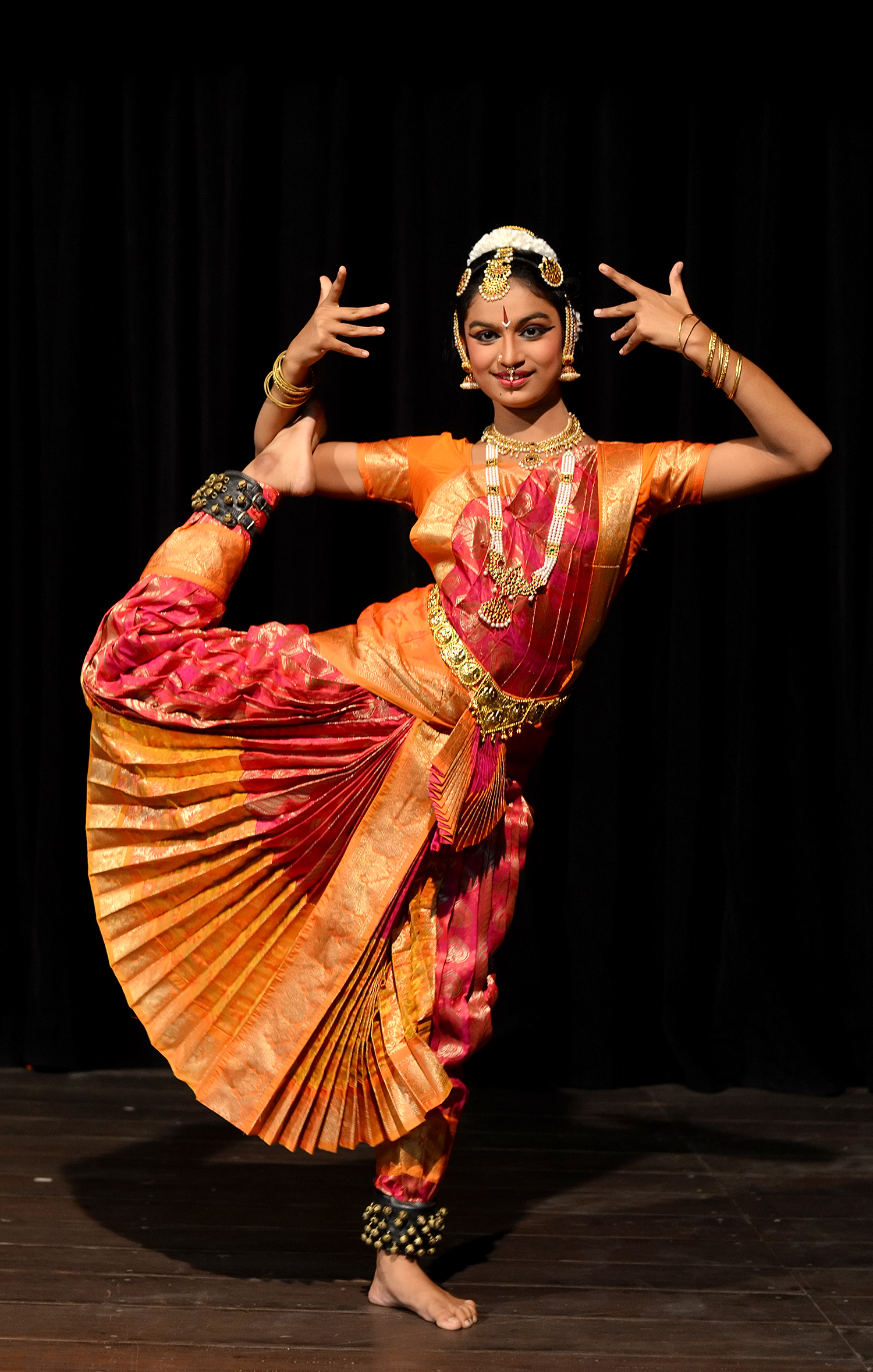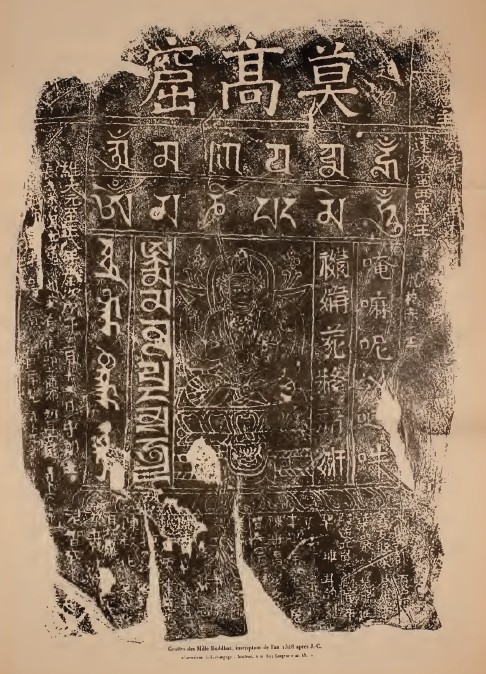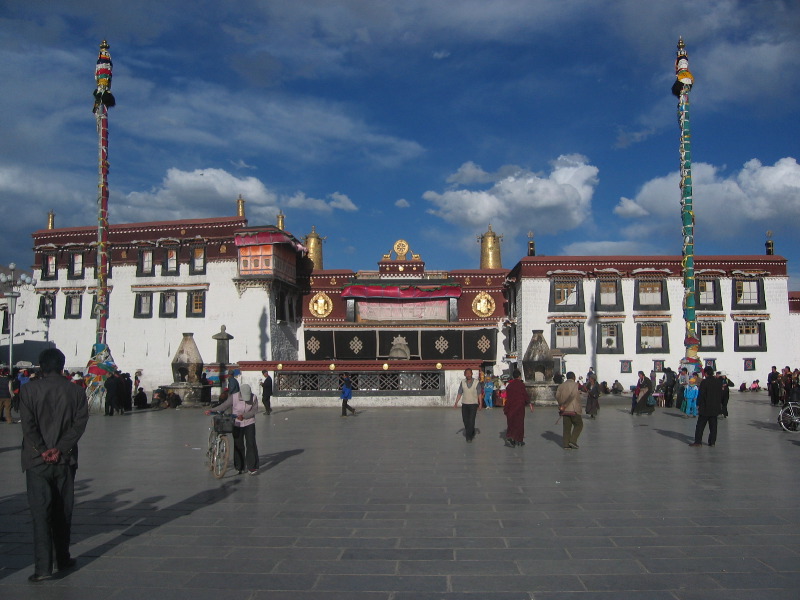|
Imee Ooi
Imee Ooi FRSA ( ; ) is a Chinese-Malaysian record producer, composer, and singer who composes and arranges music for classic Buddhist chant, mantra and dharani. She performs her compositions in Sanskrit, Pali, Tibetan and Mandarin. In 1997 she founded a record label, I.M.M. Musicworks, to publish her music. She has released more than 50 albums (55 between 1998 and 2020). Ooi also composed and directed three highly acclaimed stage musicals: ''Siddhartha'', ''Above Full Moon'', and ''Princess Wen Cheng'' (aka ''Jewel of Tibet''). Biography Ooi was born in Taiping, Malaysia to a musically-inclined Hoklo family. Her grandfather, who was a writer and dramatist, emigrated to Malaysia from Guangdong, China. Ooi's mother was a piano teacher; Imee and her four siblings all learned piano. Ooi continued her study of piano and trained as a classical pianist A pianist ( , ) is an individual musician who plays the piano. Since most forms of Western music can make use of the piano ... [...More Info...] [...Related Items...] OR: [Wikipedia] [Google] [Baidu] |
Taiping, Perak
Taiping (, Jawi: ; zh, t=太平, , Hokkien: Thài-pêng; ta, தைப்பிங்) is a town located in Larut, Matang and Selama District, Perak, Malaysia. It is located approximately northwest of Ipoh, the capital of Perak, and southeast of George Town, Penang. With a population of 245,182 (in 2013), it is the second largest town in Perak after Ipoh, the state capital. Taiping took over Kuala Kangsar's role as the state capital from 1876 to 1937, but was then replaced by Ipoh. Its growth slowed after that, but in recent years the town has been developing rapidly again. Perak State Museum is located in the town. Taiping also receives some limelight for being the wettest town in Peninsular Malaysia. The average annual rainfall is about 4,000mm in Taiping while the peninsula's average is 2,000mm – 2,500mm. Its unusual rainfall has also led to a fertile collection of flora and century-old rain trees in the Taiping Lake Gardens. Taiping was ranked Top 3 Sustain ... [...More Info...] [...Related Items...] OR: [Wikipedia] [Google] [Baidu] |
Hoklo People
The Hoklo people or Hokkien people () are a Han Chinese (also Han Taiwanese) subgroup who speak Hokkien, a Southern Min language, or trace their ancestry to Southeastern Fujian, China and known by various endonyms or other related terms such as Banlam (Minnan) people () or Hokkien people (). There are significant overseas populations in Taiwan, Malaysia, Singapore, Indonesia, Brunei and the Americas. Etymology In Taiwan, there are three common ways to write ''Hoklo'' in Chinese characters, although none have been established as etymologically correct: * mistakenly used by outsiders to emphasize their native connection to Fujian province. It is not an accurate transliteration in terms from Hokkien itself although it may correspond to an actual usage in Hakka. * emphasizes their purported long history originating from the area south of the Yellow River. This term does not exist in Hokkien. The transliteration is a phonologically inaccurate folk etymology, though the Mand ... [...More Info...] [...Related Items...] OR: [Wikipedia] [Google] [Baidu] |
Performers Of Buddhist Music
The performing arts are arts such as music, dance, and drama which are performed for an audience. They are different from the visual arts, which are the use of paint, canvas or various materials to create physical or static art objects. Performing arts include a range of disciplines which are performed in front of a live audience, including theatre, music, and dance. Theatre, music, dance, object manipulation, and other kinds of performances are present in all human cultures. The history of music and dance date to pre-historic times whereas circus skills date to at least Ancient Egypt. Many performing arts are performed professionally. Performance can be in purpose-built buildings, such as theatres and opera houses, on open air stages at festivals, on stages in tents such as circuses or on the street. Live performances before an audience are a form of entertainment. The development of audio and video recording has allowed for private consumption of the performing arts. The ... [...More Info...] [...Related Items...] OR: [Wikipedia] [Google] [Baidu] |
21st-century Malaysian Women Singers
The 1st century was the century spanning AD 1 ( I) through AD 100 ( C) according to the Julian calendar. It is often written as the or to distinguish it from the 1st century BC (or BCE) which preceded it. The 1st century is considered part of the Classical era, epoch, or historical period. The 1st century also saw the appearance of Christianity. During this period, Europe, North Africa and the Near East fell under increasing domination by the Roman Empire, which continued expanding, most notably conquering Britain under the emperor Claudius (AD 43). The reforms introduced by Augustus during his long reign stabilized the empire after the turmoil of the previous century's civil wars. Later in the century the Julio-Claudian dynasty, which had been founded by Augustus, came to an end with the suicide of Nero in AD 68. There followed the famous Year of Four Emperors, a brief period of civil war and instability, which was finally brought to an end by Vespasian, ninth Roman emperor, a ... [...More Info...] [...Related Items...] OR: [Wikipedia] [Google] [Baidu] |
Malaysian People Of Chinese Descent
Malaysian may refer to: * Something from or related to Malaysia, a country in Southeast Asia * Malaysian Malay, a dialect of Malay language spoken mainly in Malaysia * Malaysian people, people who are identified with the country of Malaysia regardless of their ethnicities. Most Malaysians are of Malay, Chinese and Indian descent. ** Malaysian diaspora, Malaysian emigrants and their descendants around the world * Malaysian cuisine, the food and food culture of Malaysia * Malaysian culture, culture associated with Malaysia * The call sign and colloquial name of Malaysia Airlines See also * Malaysian names, names as used by the Malaysian people * * * Malays (other) * Malaya (other) * Malay (other) Malay may refer to: Languages * Malay language or Bahasa Melayu, a major Austronesian language spoken in Indonesia, Malaysia, Brunei and Singapore ** History of the Malay language, the Malay language from the 4th to the 14th century ** Indones ... {{d ... [...More Info...] [...Related Items...] OR: [Wikipedia] [Google] [Baidu] |
Malaysian Buddhists
Malaysian may refer to: * Something from or related to Malaysia, a country in Southeast Asia * Malaysian Malay, a dialect of Malay language spoken mainly in Malaysia * Malaysian people, people who are identified with the country of Malaysia regardless of their ethnicities. Most Malaysians are of Malay, Chinese and Indian descent. ** Malaysian diaspora, Malaysian emigrants and their descendants around the world * Malaysian cuisine, the food and food culture of Malaysia * Malaysian culture, culture associated with Malaysia * The call sign and colloquial name of Malaysia Airlines See also * Malaysian names, names as used by the Malaysian people * * * Malays (other) * Malaya (other) * Malay (other) {{disambiguation Language and nationality disambiguation pages ... [...More Info...] [...Related Items...] OR: [Wikipedia] [Google] [Baidu] |
Living People
Related categories * :Year of birth missing (living people) / :Year of birth unknown * :Date of birth missing (living people) / :Date of birth unknown * :Place of birth missing (living people) / :Place of birth unknown * :Year of death missing / :Year of death unknown * :Date of death missing / :Date of death unknown * :Place of death missing / :Place of death unknown * :Missing middle or first names See also * :Dead people * :Template:L, which generates this category or death years, and birth year and sort keys. : {{DEFAULTSORT:Living people 21st-century people People by status ... [...More Info...] [...Related Items...] OR: [Wikipedia] [Google] [Baidu] |
ITunes Store
The iTunes Store is a digital media store operated by Apple Inc. It opened on April 28, 2003, as a result of Steve Jobs' push to open a digital marketplace for music. As of April 2020, iTunes offered 60 million songs, 2.2 million apps, 25,000 TV shows, and 65,000 films. When it opened, it was the only legal digital catalog of music to offer songs from all five major record labels. The iTunes Store is available on most Apple devices, including the Mac (inside the Music app), the iPhone, the iPad, the iPod touch, and the Apple TV, as well as on Windows (inside iTunes). Video purchases from the iTunes Store are viewable on the Apple TV app on Roku and Amazon Fire TV devices and certain smart televisions. While initially a dominant player in digital media, by the mid-2010s, streaming media services were generating more revenue than the buy-to-own model used by the iTunes Store. Apple now operates its own subscription-based streaming music service, Apple Music alongside ... [...More Info...] [...Related Items...] OR: [Wikipedia] [Google] [Baidu] |
Om Mani Padme Hum
' ( sa, ॐ मणि पद्मे हूँ, ) is the six-syllabled Sanskrit mantra particularly associated with the four-armed Shadakshari form of Avalokiteshvara, the bodhisattva of compassion. It first appeared in the Mahayana ''Kāraṇḍavyūhasūtra'' where it is also referred to as the ''sadaksara'' (six syllabled) and the ''paramahrdaya'', or “innermost heart” of Avalokiteshvara. In this text the mantra is seen as the condensed form of all Buddhist teachings. The precise meaning and significance of the words remains much discussed by Buddhist scholars. The literal meaning in English has been expressed as "praise to the jewel in the lotus", or as a declarative aspiration possibly meaning "I in the jewel-lotus". ''Padma'' is the Sanskrit for the Indian lotus (''Nelumbo nucifera''), and ''mani'' for "jewel", as in a type of spiritual "jewel" widely referred to in Buddhism. The first word, '' aum/om'', is a sacred syllable in various Indian religions, and ''hum' ... [...More Info...] [...Related Items...] OR: [Wikipedia] [Google] [Baidu] |
Princess Wen Cheng (Malaysian Musical)
Princess Wencheng (; ) was a member of a minor branch of the royal clan of the Tang Dynasty who married King Songtsen Gampo of the Tibetan Empire in 641. She is also known by the name Gyasa or "Chinese wife" in Tibet. Some Tibetan historians consider both Princess Wencheng and Songtsen Gampo's other wife Bhrikuti to be physical manifestations of the bodhisattva Tara. Chinese accounts of Princess Wencheng Life According to Chinese accounts, in the spring of 634 on an official state visit to Imperial China, Tibetan King Songtsen Gampo fell in love at first sight and had relentlessly pursued the princess's hand by sending envoys and tributes but was refused. Allegedly, in 635/636, royal Tibetan forces were deployed, attacking and defeating the peoples of Tuyuhun who strategically lived near the Lake of Koko Nor in present-day Qinghai, impeding a trade route into Imperial China. News of Tibetan King Songtsen Gampo's attack on Songzhou quickly spread from the ground to the Roy ... [...More Info...] [...Related Items...] OR: [Wikipedia] [Google] [Baidu] |
_(14597338250).jpg)




